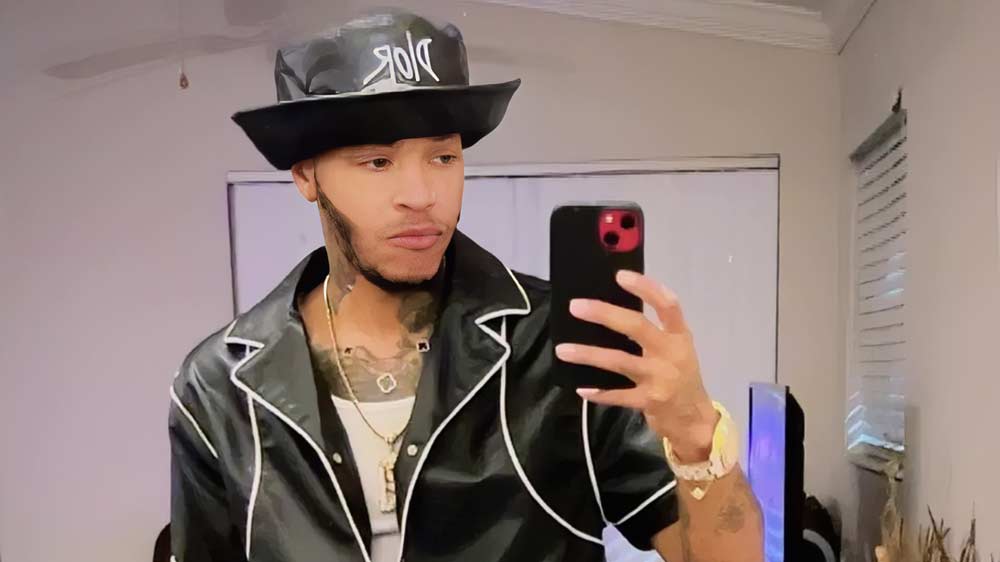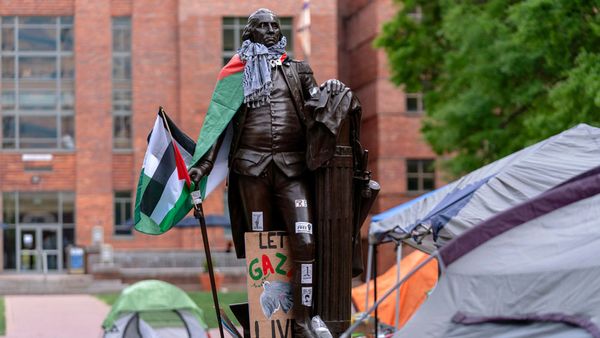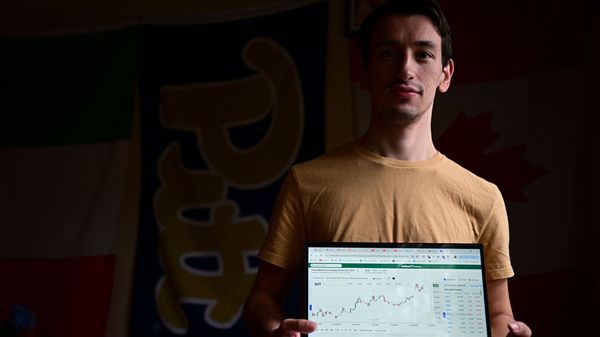July 24, 2012
Frank Facts: A History Lesson with Barney Frank
Chris Sosa READ TIME: 4 MIN.
On June 7, 2012 the Human Rights Campaign Fund (HRC), the nation's largest lesbian, gay, bisexual and transgendered civil rights organization published the first national corollary study of straight teens and their LGBT counterparts in America. The survey polled more than 10,000 respondents between the ages of 13-17.
Shockingly dismaying, only 37 percent of LGBT youth described themselves as happy. Especially when compared to the percentage of Hetero- sexual youth describing themselves as happy, at 30 percent higher than the LGBT youth.
Over 54 percent of LGBT youth said they had been a victim of anti-gay slurs and nearly half felt they did not fit into their community. 92 percent say they hear negative messages about being LGBT, with 60 percent saying those negative messages come from elected officials. The biggest concern for LGBT youth was their identity, the possibility of non-accepting families and bullying.
Today, the LGBT community has become much more mainstream with television, movies and culture icons, but as many of us know, it was not always so. My nieces and nephews in middle school and high school honestly don't care if someone is gay. They have grown up with Will and Grace, Glee and other shows that have slowly introduced and acclimated them to LGBT culture. To them being gay is just part of life.
As I look back, LGBT role models in the '70s and '80s were few and far between. That's why the coming out of Congressman Barney Frank in 1987 was so significant, setting the federal stage for future law makers. It is also why he should be considered a historical figure in American LGBT history.
My phone rang on a Thursday in June at 6:20 p.m. and on the line was Congressman Barney Frank, the most prominent gay politician in the United States. Not only was Mr. Frank kind enough to share his thoughts on LGBT youth in America, we also had a chance to talk about his landmark coming out process as a member of the House of Representatives.
What are your thoughts on the HRC survey of LGBT Youth that was published on June 7?
HRC does a very good job, this survey confirms what we know and have tried to dismiss.
In your opinion what are the most productive actions people can take to achieve equality in the United States?
To be out and be the person you were born to be. This will help defeat the preju- dice all LGBT people experience. The second is to vote and know the people you are voting for. Use your rights as a citizen of the United States and know what that means. Be an active Democrat.
What is your advice to LGBT youth in America?
You should be honest with yourself about who you are. Hiding who you are takes a great deal of energy. Coming out will make you a much more productive member in society because you won't have to worry about who you are, or create a person that you're not. Seek out family members and friends who will support you being gay or lesbian. I also want LGBT youth to know, that you will find a family that will support your life, whether they are traditional or an alternative family that you create.
In the HRC study bullying was a major concern for LGBT youth. Is there any federal legislation on the table or that has recently passed congress that will address bullying in K-12 and higher education institutions receiving federal dollars?
This is a complicated question, school policy is determined by each state and also on the local school board level. We need to start there. Society allows teens to mistreat each other, we would not tolerate this behavior in adults. We must look for and address bullying at younger ages and try to curb it before it gets out of control.
You were the first member of the House of Representatives to come out on your own terms. Why did you decide to come out of the closet?
To me my life was unacceptable, I wanted to live life on my own terms and that meant being the person I am. I felt I was hiding.
When you announced you were gay, how were you treated by the other members of Congress?
I was pleasantly surprised and welcomed with open arms by members of both parties. With the exception of Dan Burton (R-Indiana), who refused to use the House gym after I announced I was gay because he thought he would catch HIV or something from me. The funny thing about the whole situation was that we had
worked out in the same gym for five years before I announced I was gay.
Do you have a story from the campaign trail you that wish to share?
Yes-Republican John Soto was running against me and during the campaign he demanded that I take an HIV test; I told him that I would be happy to, as soon as he took an IQ test.
You announced after serving 16 terms that you're not going to seek reelection. What do you hope your legacy will be? What was your greatest accomplishment?
I am most proud of the financial reform bill; I hope I leave a legacy that makes life fairer for all Americans. I hope that I helped all Americans gain equality not just the LGBT community.
What are your plans for retirement?
I plan to write, lecture, to marry my partner Jim Ready and continue to work on equality issues as a private citizen. (Since the time of this interview, Barney Frank has wed Jim Ready.)
Barney Frank is the U.S. Representative for Massachusetts 4th congressional district and has been since January 1981. He is the former chairmen of the House Financial Services Committee (2007-2011) and is currently the ranking Democrat. He is the first congressman to come out voluntarily and is considered the most prominent gay politician in the U.S. He plans to retire in 2013 after serving for 32 years.
To find out more about the Human Rights Campaign or the LGBT Youth Survey go to hrc. org. For more information on Congressman Barney Frank go to frank.house.gov.




